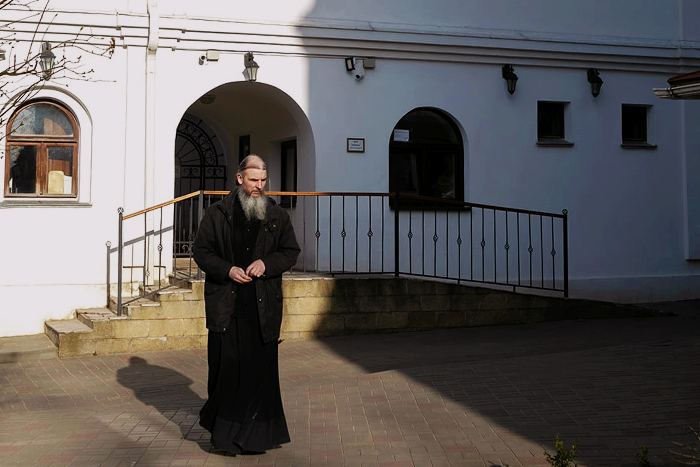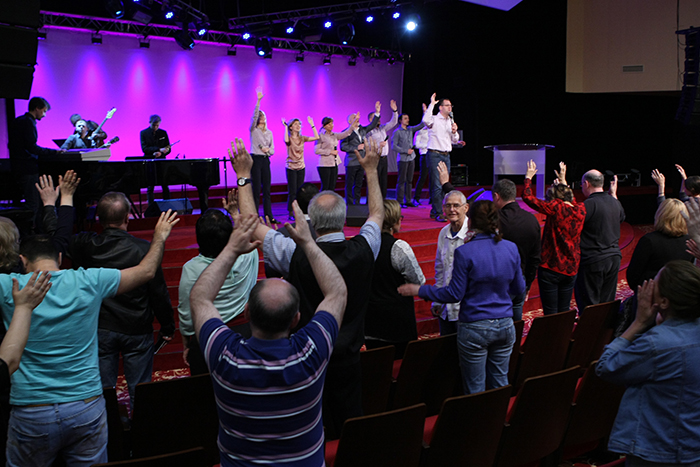
It is better not to perceive God as a severe supervisor but as the Giver of grace. That way you will be able to change your attitude to the implications of your sinful deeds: if you sin, you lose the grace cover, the gifts of grace; if you do not go to church or do not pray privately, you are the one who refused certain grace support; if you read the Holy Scriptures with awe and help your neighbor, you attract the grace of God.
Asceticism is only a means of achieving Christian perfection, while the principal source of salvation is God’s grace, God’s power. One example is a sailor who harnesses the power of the wind, or a surfer who uses the power of the wave. The aim of asceticism is to spur our strength and increase our ability to perceive the divine grace, and to make us receptive to God’s saving effort. We do not so much change ourselves (by the process known as self-improvement) as we open ourselves up to God to be transformed by His power. How do we open ourselves up? We compel ourselves to carry out God’s commandments, turn to God in prayer, participate in His Sacraments, etc.
All success in spiritual life should not be seen as a personal victory, but as a gift from God, who gave us grace and strength to achieve it. The entire Christian spiritual life can be assessed through grace, whether we lose it or acquire it.
***
It is not always possible to overcome passion (ingrained sin) immediately. If you do not succeed at once, do not despair: asceticism requires a comprehensive approach. Try to understand in detail the specific manifestations of that passion and determine the stages (steps) of your struggle against it. Draft a written plan to combat passion, think ahead about the way you will behave in situations that provoke passion. Do not just aim to defeat the passion; instead, acquire the opposite virtue, because passion is a malignant tumor of virtue.
***
People tend to compare themselves with obvious outsiders only in the spiritual realm: well, I’m not a murderer, rapist or drunken tramp, I have no major sins… Would a musician say: I play well enough — better than this old man in an underground passage? That is why we are commanded to measure ourselves according to the commandments of God and the saints. In that case, we will probably not be able to deceive ourselves with our ostensible normalcy and will always have something to strive for.
A normal person created by God is a holy person; virtue is the natural act of a human being; and anything that is not like that is an abnormal state. The fact that sin reigns in our world does not mean that it is normal. The norm is a matter of quality, not quantity.
Translated by The Catalogue of Good Deeds



